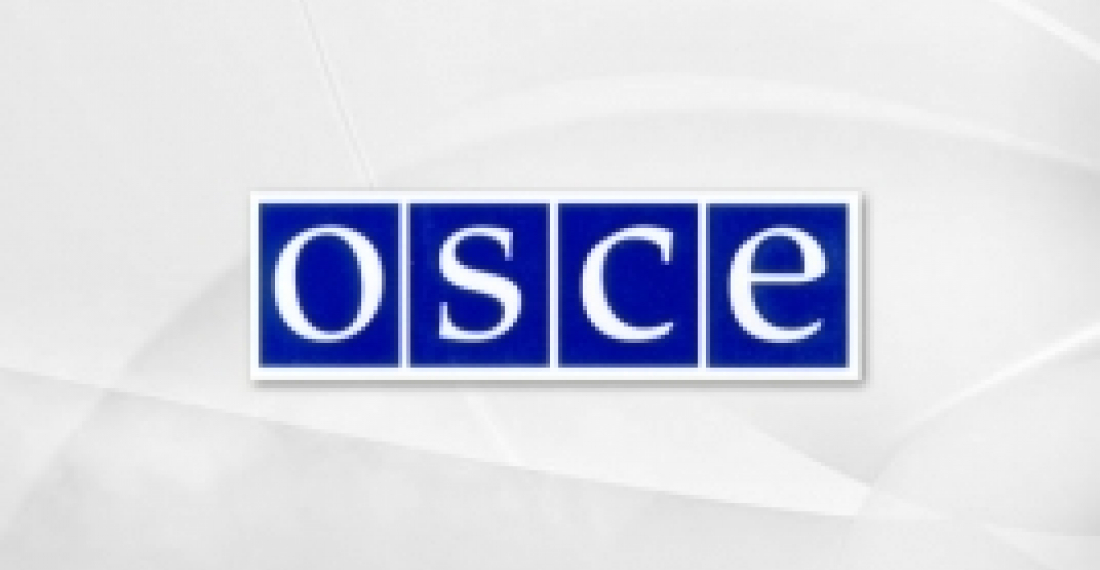The OSCE MG Co-Chairs, who were in the Nagorny Karabakh Republic on October 23 as part of their visit to the region, declared that a plan is being drafted to ease tension on the Line of Contact and to promote confidence building between the conflicting parties,
ArmInfo's correspondent to Stepanakert reported. The US Co-Chair Robert Bradtke came out for stabilization of the situation and prevention of ceasefire breaches and deaths.
For his part, OSCE MG Russian Co-Chair Igor Popov said: "During our meetings we discussed issues related to reduction of tension between the parties, in particular, we discussed a package of mechanisms to inquire into the incidents on the line of contact. The document had already been submitted to the parties for consideration."
He highlighted the role of the religious leaders of Armenia and Azerbaijan in the given process.
Mediators try to ease tension in Karabakh conflict zone
Mediators try to ease tension in Karabakh conflict zone







